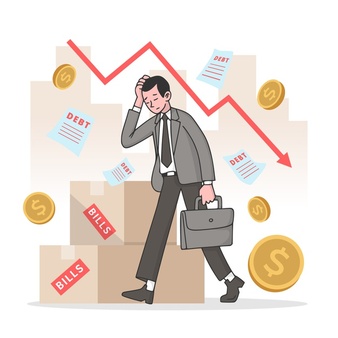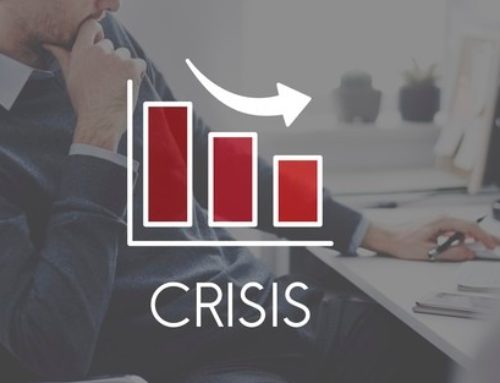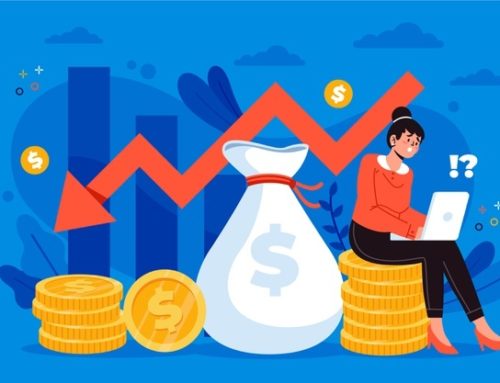The Chapter 13 repayment plan is a crucial part of the Chapter 13 bankruptcy process. The payment plan describes the amount you need to pay and how much each creditor will receive as well as provide details regarding the values of your assets and property.
If you’re considering bankruptcy, you should first understand what the Chapter 13 repayment plan is and how it works to make sure that you’re choosing the right debt relief option for you. Consult with reliable bankruptcy lawyers to determine which types of bankruptcy best fit your situation.
How It Works
Declaring bankruptcy through Chapter 13 involves restructuring your secured and unsecured debts into a three to a five-year repayment plan. In the Chapter 13 plan, you’ll make monthly payments to the trustee assigned to your bankruptcy case. Bankruptcy trustees then use this to repay your creditors as stated in your plan.
To file for bankruptcy, you need to fill out the appropriate bankruptcy forms either on your own or with the help of a bankruptcy petition preparer or bankruptcy lawyer. In a Chapter 13 bankruptcy filing, your debt repayment plan should be submitted along with your petition in bankruptcy.
What You’ll Pay
Before you make your payment plan, you first need to determine how much you’ll pay and evaluate which of your debts qualify for debt-repayment in bankruptcy Chapter 13. Some lenders may be entitled to receive the full amount owed, while other lenders only need to pay-back a portion of the unsecured debt.
 In most bankruptcy cases, administrative fees and priority debts need to be paid in full and included in your payment plan. This includes:
In most bankruptcy cases, administrative fees and priority debts need to be paid in full and included in your payment plan. This includes:
- Filing fees,
- Attorney Fees,
- Commission for your bankruptcy trustee,
- Contributions owed to an employee benefit fund,
- Alimony and child support,
- Student loan debt, and
- Tax debt, including state and federal income tax.
If you want to keep property that isn’t exempt or serve as collateral for your secured debt, you should include it in your Chapter 13 repayment plan. This will include unpaid mortgages and missed auto loan payments. A knowledgeable bankruptcy attorney can provide legal assistance in coming up with a repayment plan and filing Chapter 13.
Disposable Income
Your monthly income is another factor to be considered in creating your debt repayment plan. After considering your current earnings and living expenses, you need to commit to using your disposable income in making payments according to your plan. This means that whatever is left after subtracting your monthly expenses goes towards your unsecured debts, such as credit card debt, medical bills, and student loan debt.
Repayment Plan Duration
The length of your payment plan depends on the income level of the debtor. You can propose a three-year plan if your income falls under the state median income level. Otherwise, your Chapter 13 payment plan must last five years. Consult with a local bankruptcy lawyer or check the US Trustee website for more information on the length of payment plans.
Bankruptcy Exemptions
When you file bankruptcy, you’ll be able to protect any property that qualifies under bankruptcy exemptions. Whether you file for Chapter 7 or 13, the same bankruptcy protection is afforded to debtors.
That said, there are differences with how your property is treated in Chapter 7 and Chapter 13 bankruptcies.
Chapter 7 bankruptcies are called liquidation bankruptcies since it involves selling a non-exempt property to pay off your creditors. However, the trustee doesn’t sell your property in Chapter 13.
Filing bankruptcy Chapter 13 allows you to keep non-exempt assets and property in exchange for paying your unsecured creditor a portion of the value of this personal property.
Hire a Bankruptcy Attorney
It can be difficult to navigate a Chapter 13 bankruptcy proceeding on your own, especially when you aren’t familiar with bankruptcy laws. If you’re thinking of filing for bankruptcy, it’s best to seek legal advice from a bankruptcy attorney who’s well-versed in bankruptcy law and proceedings.
At Phoenix Fresh Start Bankruptcy Attorneys, we can give you the legal help you need to get your debts discharged and secure your financial future. Contact us to get a free legal consultation today!










